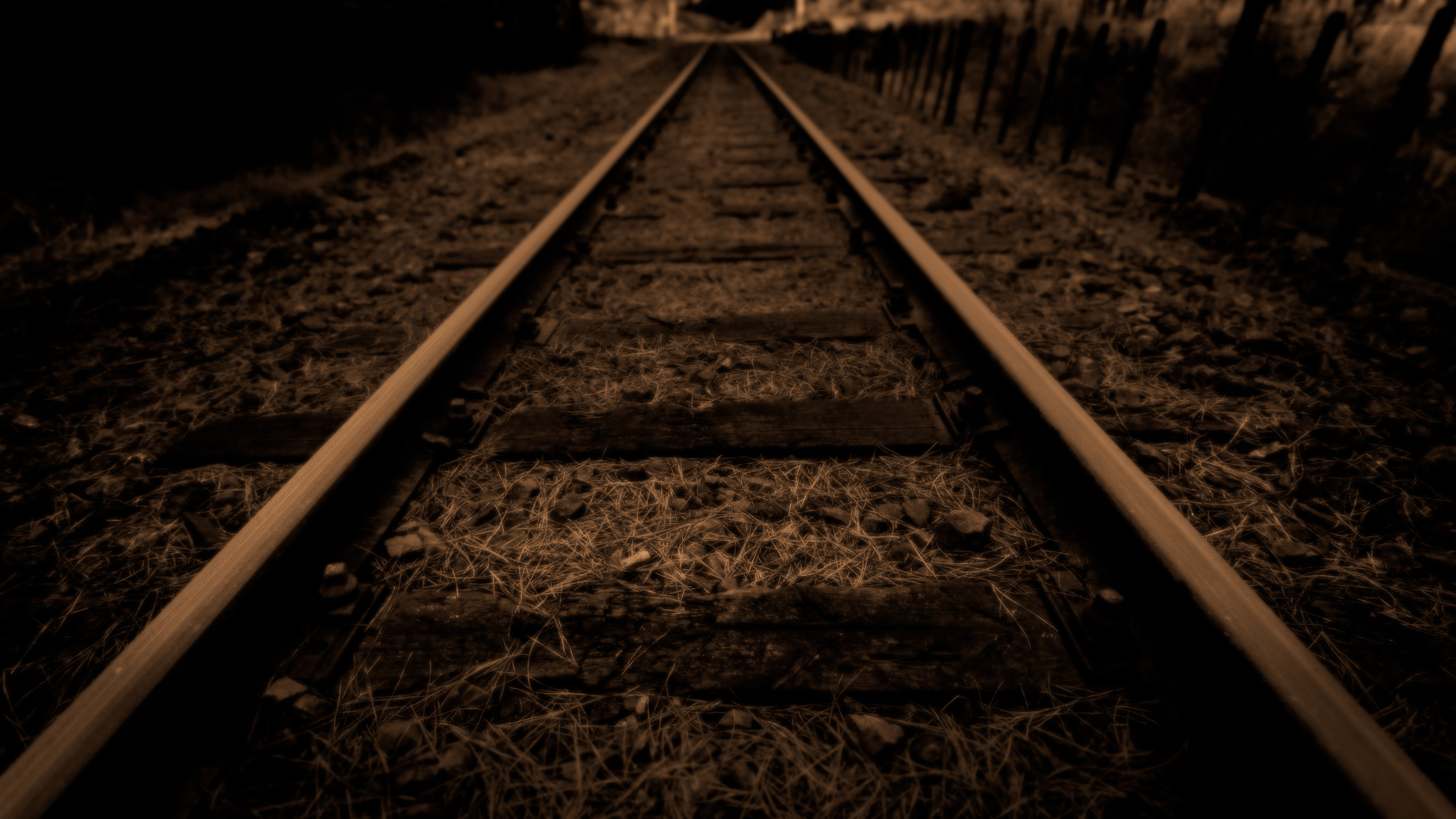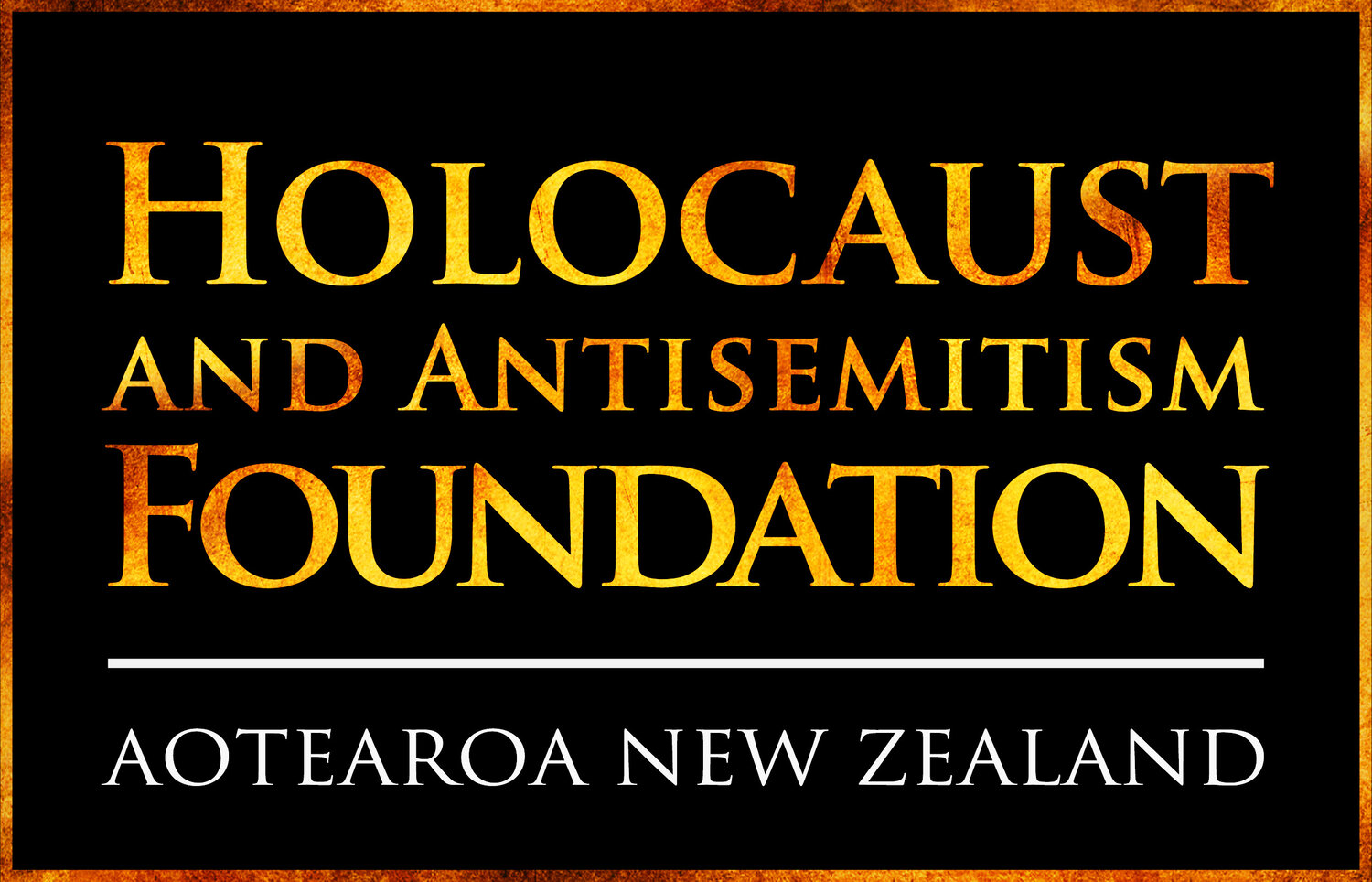
Giselle Cycowicz
Born 25 February 1927, Khust, Czechoslovakia
It was the last year of the war. The Nazis marched into Hungary.
That was a black day. It was like a death sentence.
At the end of Passover we were ordered to the synagogue.
For three days we waited, with no food, no proper toilets.
Then they moved us into terribly overcrowded ghettos.
After five weeks we were ordered to the railway station.
The train journey took three days, again with no food.
There was a bucket of water and a bucket to use as a toilet.
On the third day we saw the big wooden sign, Auschwitz-Birkenau. The doors opened.
Two Jewish prisoners shouted “get out” in Yiddish, German and Polish.
Everywhere there was electrified barbed wire.
Every morning at 4am there was a roll call.
For hours we stood. This happened twice a day.
The weak were selected to be gassed.
We worked in a factory in the bitter Polish winter.
Twenty below zero, no scarves, no gloves, not even underwear.
The Germans were losing the war and moved us to another camp.
One day the SS announced over a megaphone, ‘The war is over. You are free.’
We just stood there. Terribly tired, exhausted in every way.
Physically, spiritually and emotionally.
No one smiled. Where could we go? There was no place to go.
We didn’t want to go home, to the non-Jews.
They never embraced us, never said a word to spare us.
We stood there. It was trauma.
